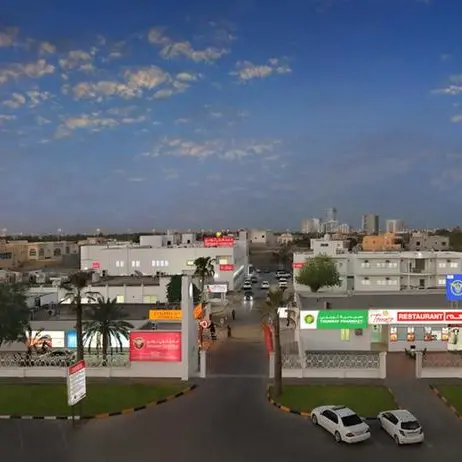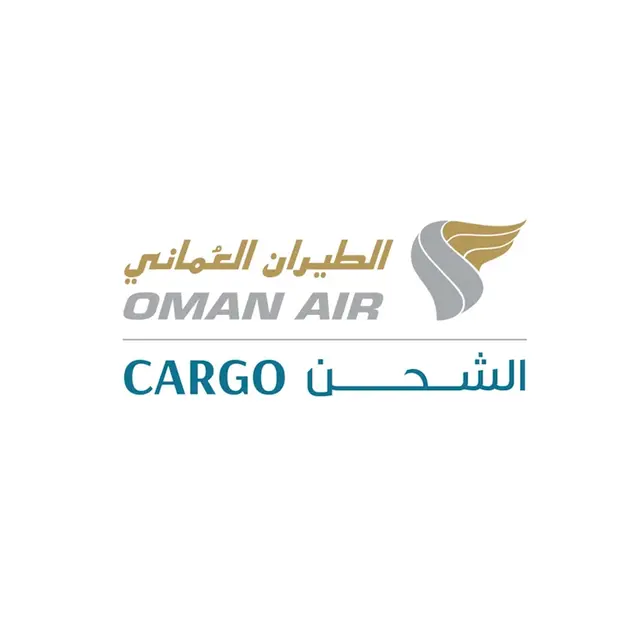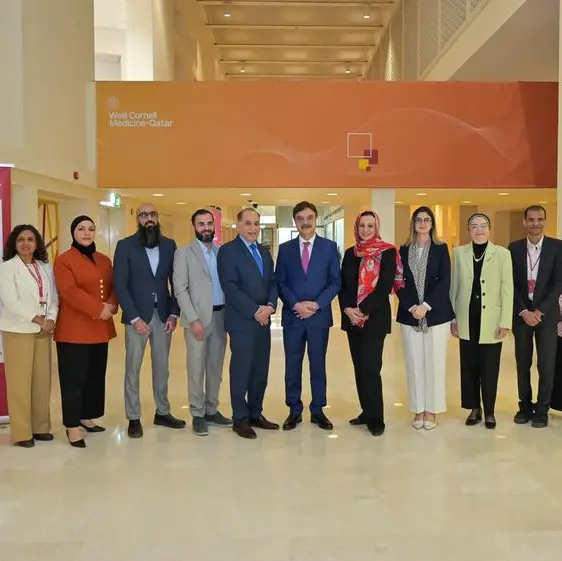- The transition will reduce global CO2 emissions by 161 tonnes a year, and save 73 tonnes of plastic per year
Manama: HSBC Bahrain has announced that it is the latest business in the Group’s global programme to rollout sustainable payment cards and eliminate single-use PVC plastic by the end of 2026, in favour of recycled PVC plastic (rPVC).
The programme – which sees HSBC’s debit, credit and commercial cards being made out of more sustainable rPVC - is part of the bank’s strategy to reduce its carbon emissions and achieve net zero in its operations and supply chain by 2030 or sooner.
Based on the current volume of cards issued by HSBC per year (23m), the move to rPVC will reduce CO2 emissions by 161 tonnes a year.This will also reduce plastic waste - 73 tonnes per year; the weight of over 40 cars.
Ali Khunji, Head of Wealth and Personal Banking and Global Private Banking in Bahrain, said: “This is a positive next step by us at HSBC Bahrain on HSBC’s journey to net-zero in its own operations by 2030. The private sector has a vital role to play in reducing global carbon emissions and it is imperative that we take action now to build a sustainable future.”
“The move to rPVC underpins HSBC’s global and local ambition to build a thriving and resilient future, and is part of the bank’s transition to be a net zero business,” said Ali. “In Bahrain we have implemented a number of projects to support our own operations in its transition of which the solar car park is the most significant development. We continue to invest in small and large scale projects to fulfil this ambition successfully,” Ali added.
Global research conducted for HSBC by Mintel found a majority (77%) of consumers agree that ‘financial services firms have an important role to play in creating a more sustainable society’; when it comes to their appetite for payment cards made from sustainable materials, over two-thirds (67%) showed high levels of interest. A separate global survey, conducted for IDEMIA by Dentsu Data Labs found that most people (92%) think their bank should actively contribute to preserving the planet; and a majority (87%) expect their banks to offer eco-friendly cards.
IDEMIA’s Executive VP Financial Institutions Amanda Gourbault said: “IDEMIA is proud to be a long term global partner of HSBC and to be supporting its sustainability goals with our GREENPAY solution - part of our portfolio of sustainable solutions for financial institutions. We fully share HSBC’s goals of sustainability - we believe bank cards shouldn’t cost the earth; and we look forward to working with HSBC as it migrates its card portfolio worldwide to rPVC. Manufactured from waste materials, rPVC cards significantly reduce plastic waste, which is one of the most pressing problems of our modern world. Migrating to recycled plastic also saves energy, limits oil consumption and reduces greenhouse gas emissions, to help mitigate global warming and reduce air pollution.”
-Ends-
Media enquiries to:
Greta Madgwick
greta.madgwick@hsbc.com
By Q4 2026, payment cards issued by HSBC will move from single-use PVC plastic to recycled PVC plastic; starting at 85% rPVC in the first half of 2021, and rising to 100% rPVC later in the year; this includes debit, credit and commercial cards.
HSBC is the first global bank to partner with IDEMIA to roll out rPVC cards on a worldwide scale. The majority (99%) of HSBC’s payment cards are produced by IDEMIA.
HSBC currently issues 23m payment cards globally per year, to customers in 52 countries/markets.
All carbon and plastic savings based on cards made from 85% rPVC originating from industrial waste. Compared to a standard PVC plastic card, each rPVC card will save 7g of carbon and save 3.18g plastic (source: IDEMIA).
- Reduction of carbon dioxide emissions: each card = 7g x 23m = 161 tonnes CO2
- Plastic waste reduction: each card = 3.18g x 23m = 73 tonnes of plastic
- 73 tonnes = 40 times heavier than an average car, e.g. a 2009 Ford Taurus weighs 1.6520 tonnes (source: www.themeasureofthings.com/singleresult.php?comp=weight&unit=tns&amt=73&i=1)
Research methodology:
- Mintel: online survey in August 2020 among 10,450 people aged 18+ who own financial products, in UK, Canada, Mexico, China, Hong Kong, and Singapore;
- Dentsu: online survey conducted for IDEMIA by Dentsu Data Labs with 2,791 people from 12-25 March 2020 in 10 countries: Brazil, France, India, Japan, Malaysia, Mexico, South Africa, UAE, UK, USA.
Replacement cards refers to cards that need to be reissued when they are lost or stolen.
HSBC in the MENAT region
HSBC is the largest and most widely represented international banking organisation in the Middle East, North Africa and Turkey (MENAT), with a presence in nine countries across the region: Algeria, Bahrain, Egypt, Kuwait, Oman, Qatar, Saudi Arabia, Turkey and the United Arab Emirates. In Saudi Arabia, HSBC is a 31% shareholder of Saudi British Bank (SABB), and a 51% shareholder of HSBC Saudi Arabia for investment banking in the Kingdom. Across MENAT, HSBC had assets of US$71bn as at 31 December 2021.
About IDEMIA
IDEMIA is the global leader in Augmented Identity. It provides a trusted environment enabling citizens and consumers to perform their daily critical activities (such as pay, connect and travel), in the physical as well as digital space. It provides Augmented Identity for international clients from Financial, Telecom, Identity, Public Security and IoT sectors. With almost 15,000 employees around the world, it serves clients in 180 countries. More information: www.idemia.com.



















